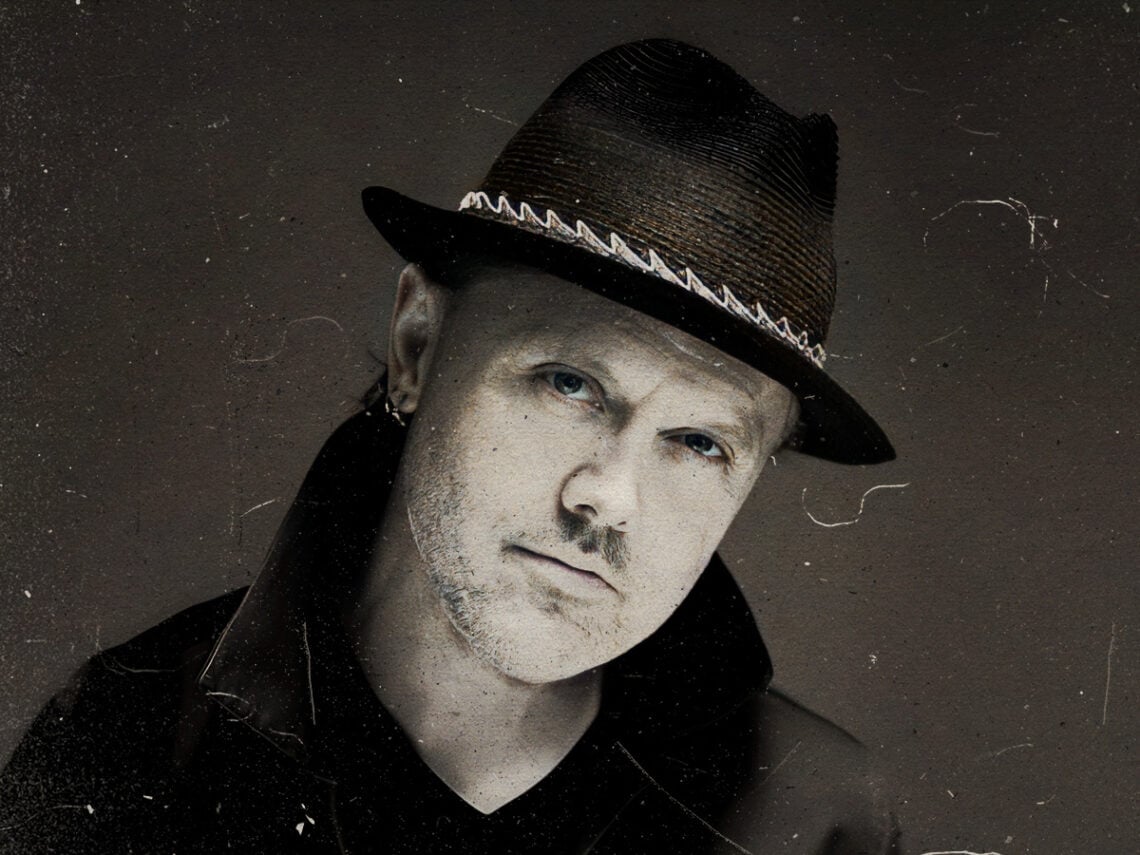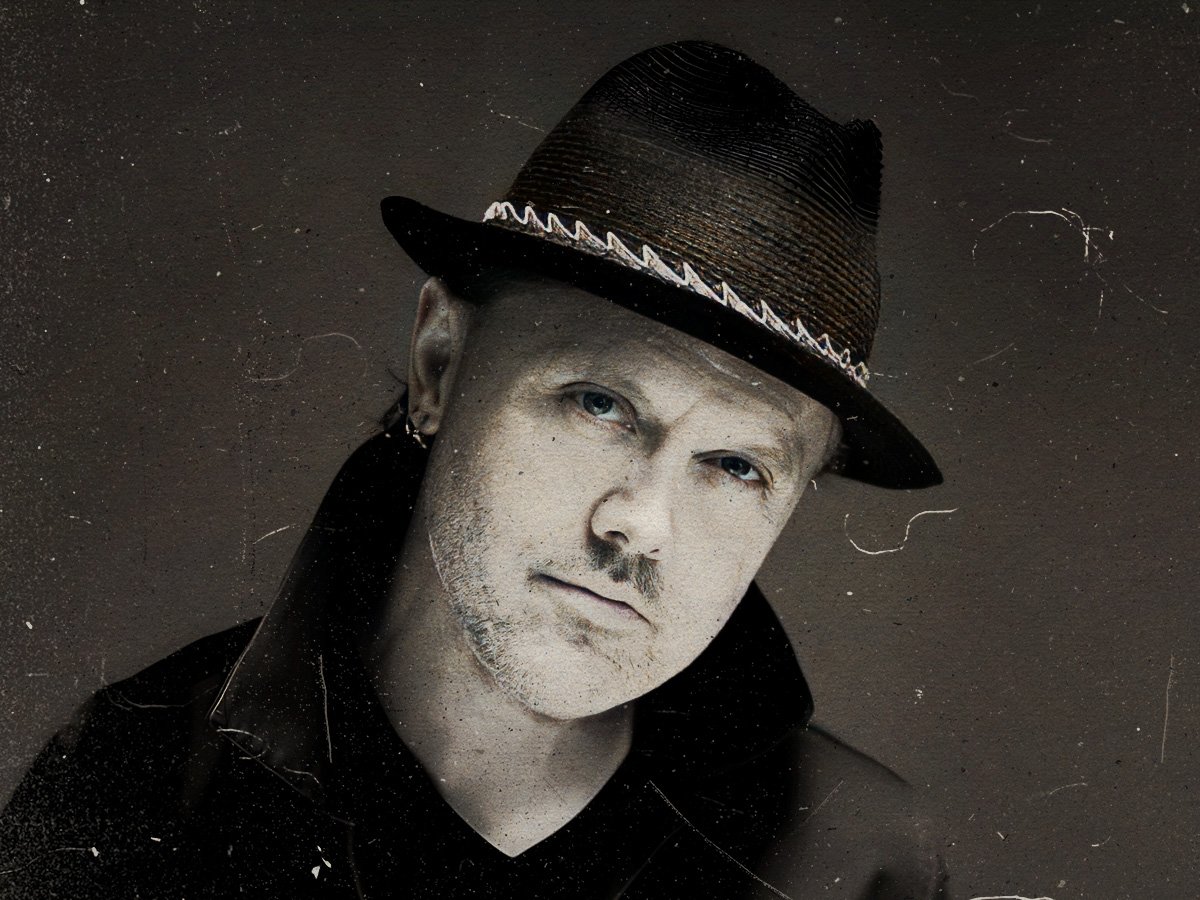
(Credits: Far Out / Apple Music)
Thu 30 October 2025 20:15, UK
Before Metallica had a fully formed sound, there were a handful of musicians and genres they looked to for guidance.
Like many hard rock and metal leaders, the band emerged under the tutelage of punk and grunge, and frontman James Hetfield took a particular liking to those who had a specific kind of voice. He found himself gravitating towards those with powerful vocal chords, like Chris Cornell, Robert Plant, Ozzy Osbourne, and others.
Hetfield and the others also felt empowered by the grunge scene’s sonic and lyrical dichotomies, and how the vocals lead the emotional core, while the accompanying arrangements bolster the broader themes of the song. There was also an inherent darkness to it all, especially with bands like Soundgarden, that made Metallica’s musicians feel closer to something, more connected with sounds they’d already recognised in themselves.
For Ulrich, it was a good drummer who was the start of everything. He, like Hetfield, was influenced by many of the major grunge and prog rock players that were already around, but within those, he saw the real backbone of the entire operation – the drummer. One was, of course, Led Zeppelin’s otherworldly lightning bolt – John Bonham.
Bonham led an entire surge of new percussionists, from Dave Grohl to Roger Taylor. He’s been described by countless legends as the greatest drummer who ever lived, and managed to completely stun anybody who entered his path – Jimi Hendrix included. In fact, Hendrix said it best once when he went to Robert Plant to gush all over the magic of his band member, telling him, “That drummer of yours has a right foot like a pair of castanets!”
To Ulrich, it doesn’t get better than Bonham. It’s impossible. Discussing his favourite drummers in 2020 with Howard Stern, Ulrich named the usual suspects – Ian Paice, Phil Rudd – but said that none of them were a match for Bonham. “You mentioned ‘When The Levee Breaks’. I mean, that’s classic Bonham. The drums are big, thunderous, ambient. He’s a little bit behind on the snare. And it’s got that groove. He’s in the pocket,” he said.
He also praised Neil Peart as the only one who might come a little close to Bonham’s greatness. When it came down to it, however, he said Bonham was the pinnacle. “You can’t play drums and not love Neil,” he said. “You can’t not be appreciative and respectful. Between Neil and between John, no disrespect, but I’ll have to go with John Bonham.”
He praised Peart before, back in 2014, telling Guitar Centre that the first time he met Peart, it was over the phone, and he’d been nervous because he felt like he was “the God of the Gods”. He then recalled he spoke to Peart for “like half an hour” about Tama drums, and it was “pretty amazing” because it also led to him getting his signature kit that he kept for decades.
In terms of lasting impact, however, Peart might be one of the Gods, but the leader of the entire operation is and will always be Bonham. Everything about his sound and approach – from the inherent groove to the heavier, more explosive appeal – gave people like Ulrich a framework to play with, a goal to shoot for even if it was impossible to actually reach.
Related Topics

